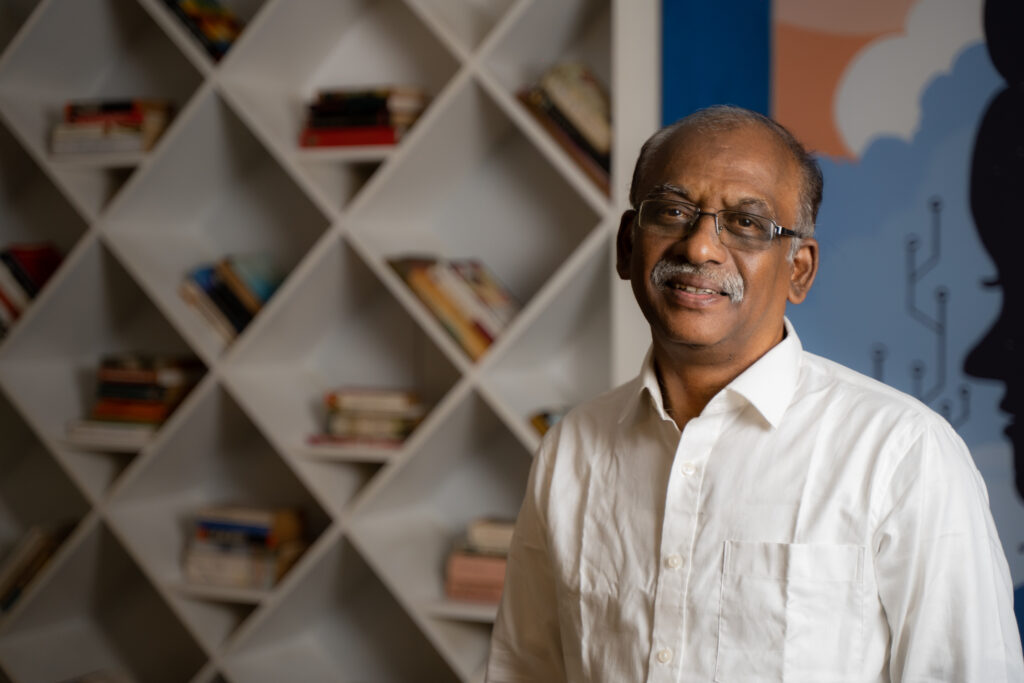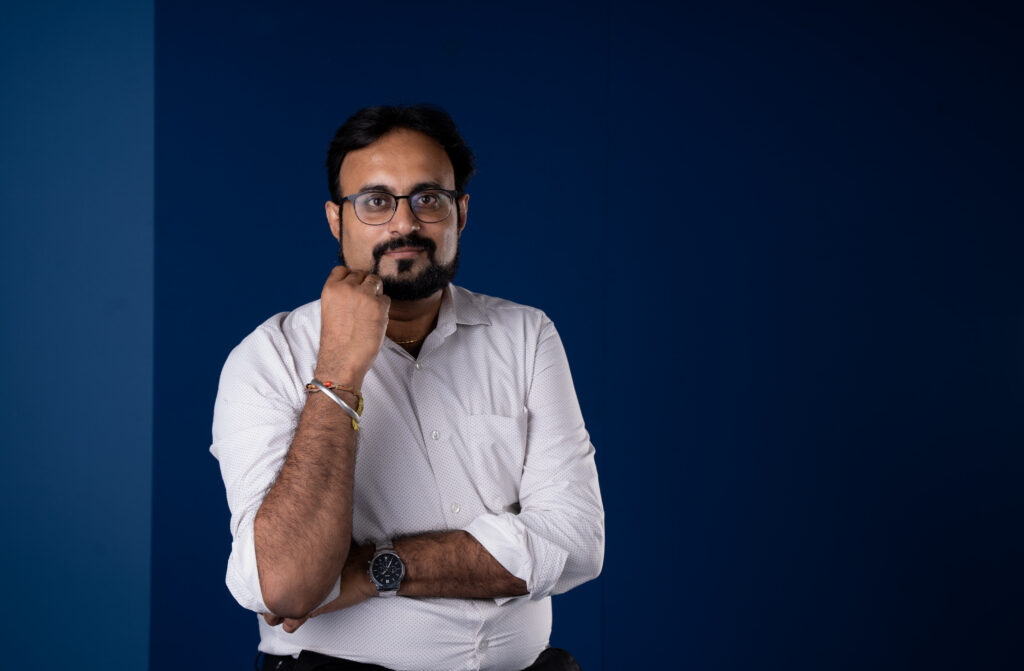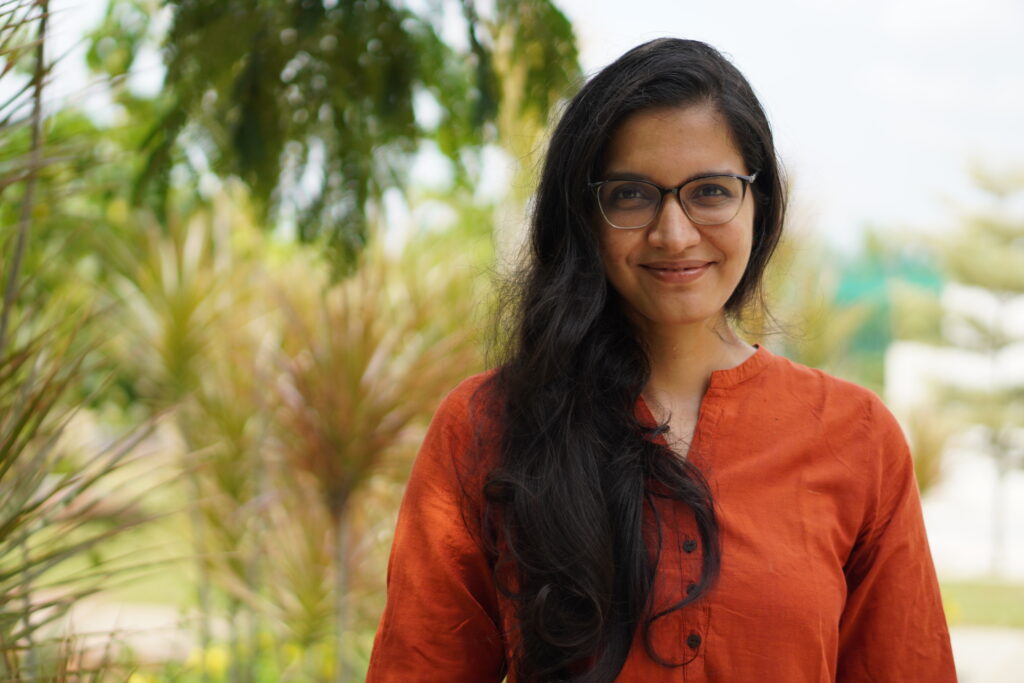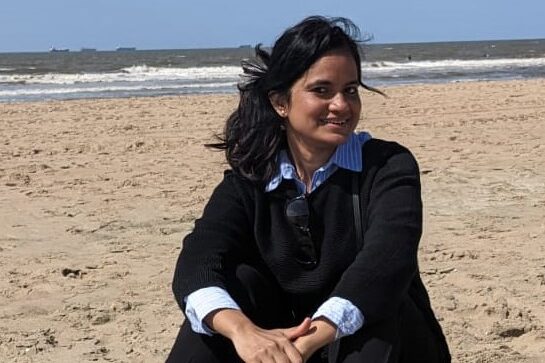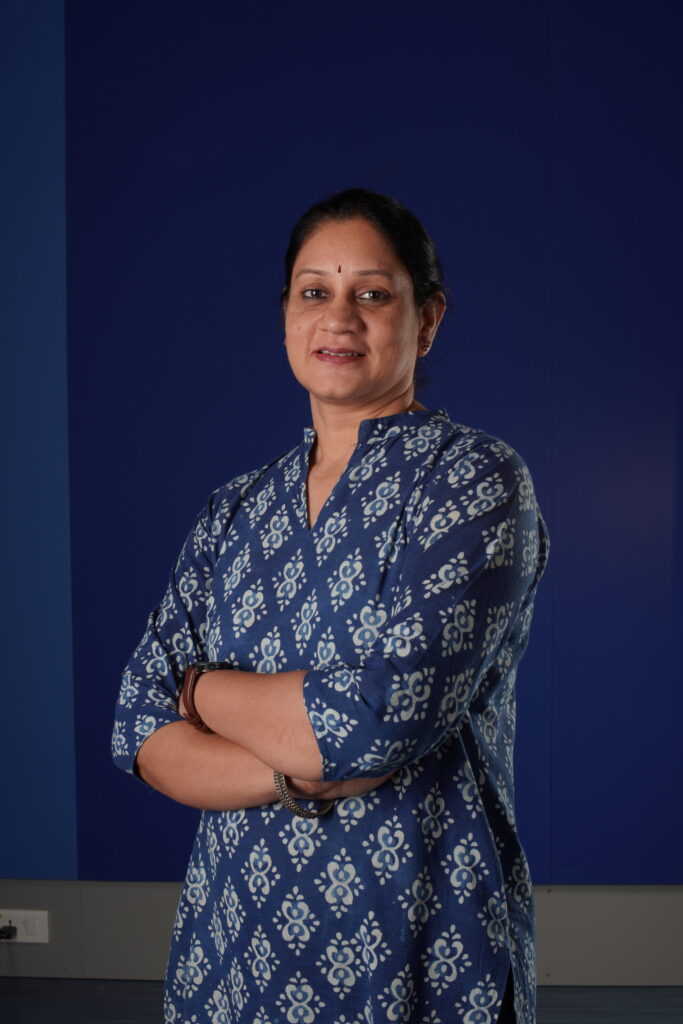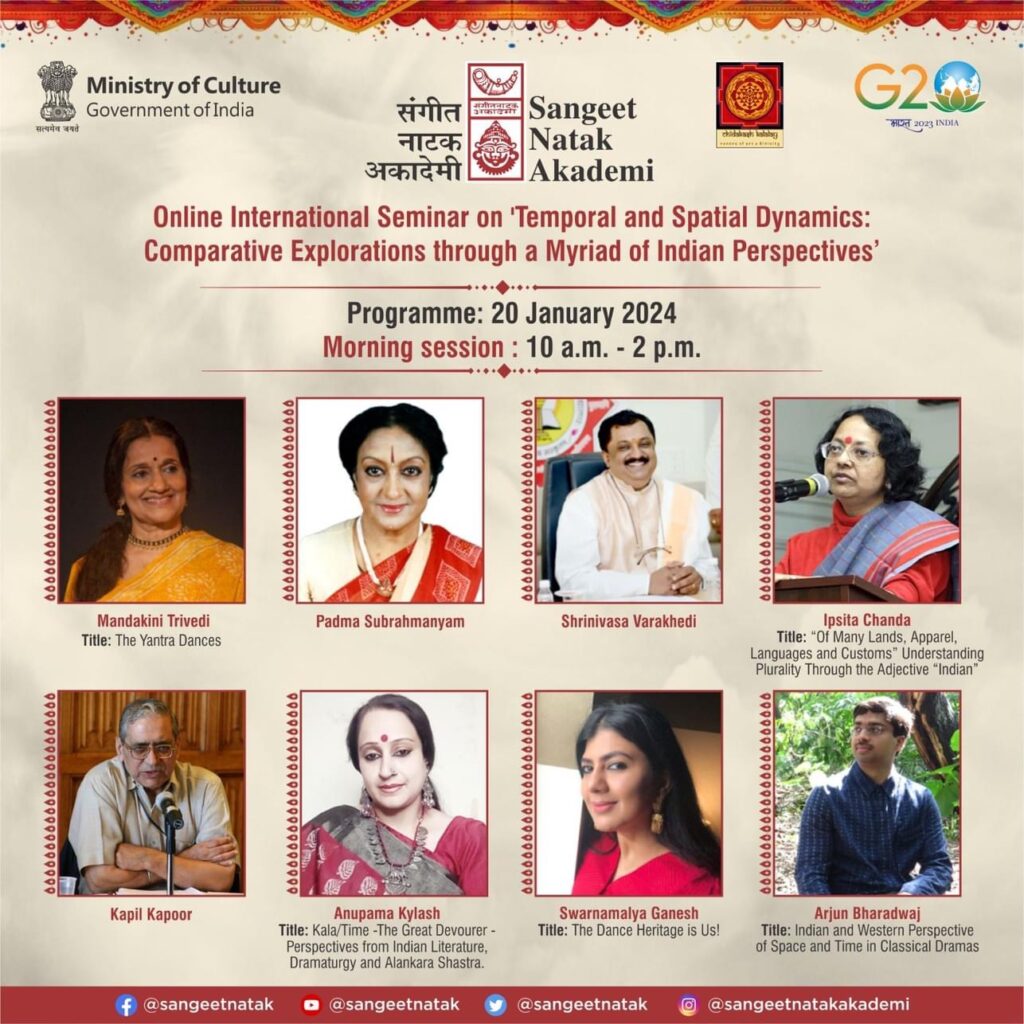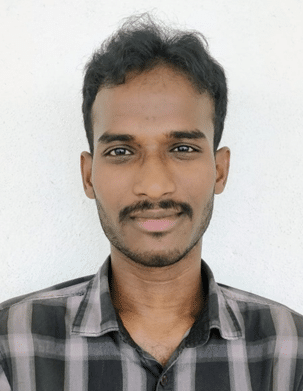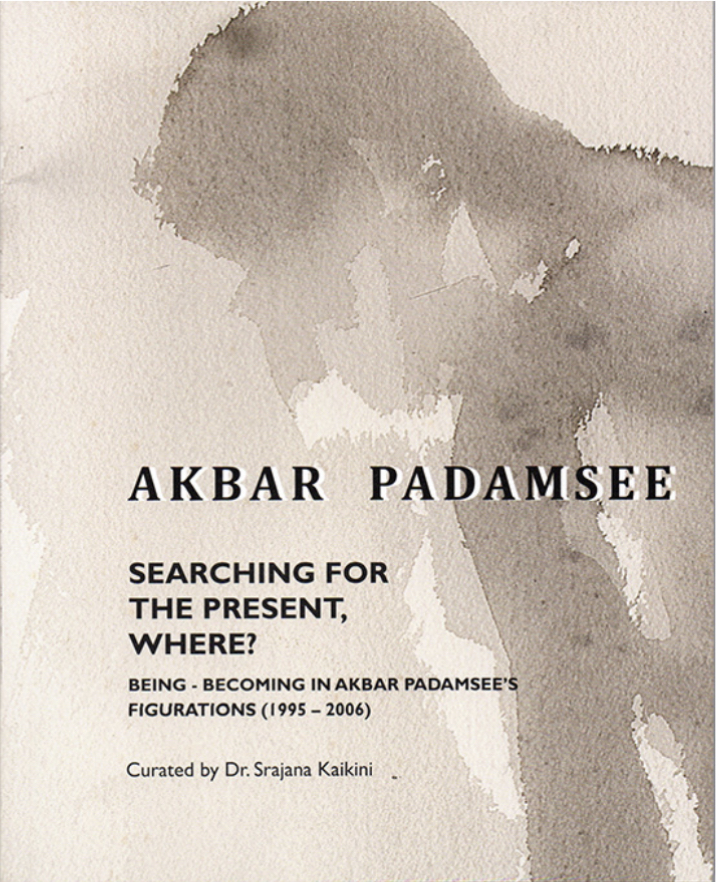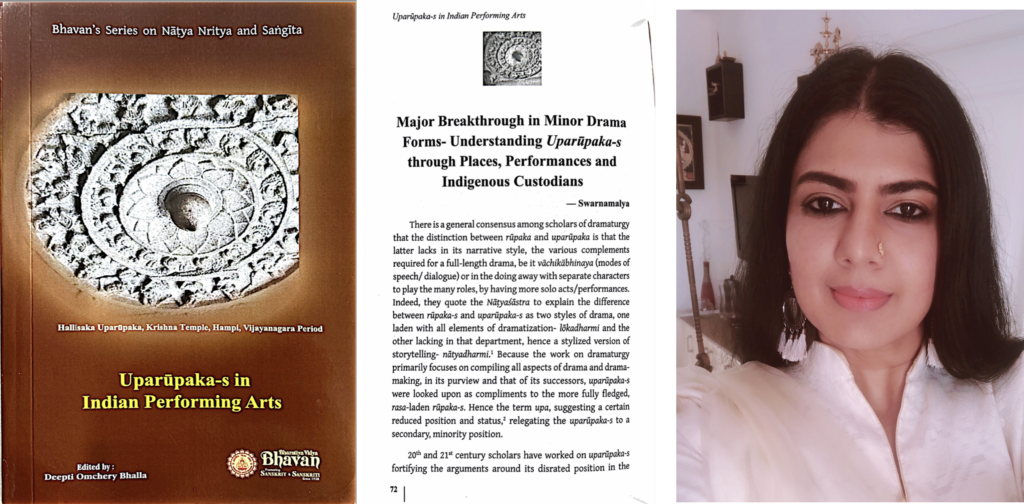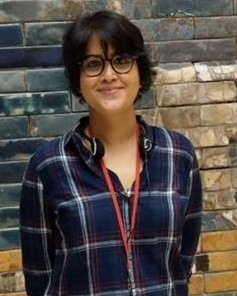Nidhin M, a PhD student in Finance & Accounting, Dr Vinod Kumar, Associate Professor of Finance, Accounting & Quantitative Finance, and Prof G Balasubramanian, Senior Professor & Advisor, Finance, Accounting & Quantitative Finance at IFMR GSB, Krea University have co-authored a paper titled The Effect of Environmental, Social, and Governance Disclosure on Cost of Debt: A Life-Cycle Perspective, published in the international strategic management journal Managerial and Decision Economics (ABDC: B, SJR: Q2).
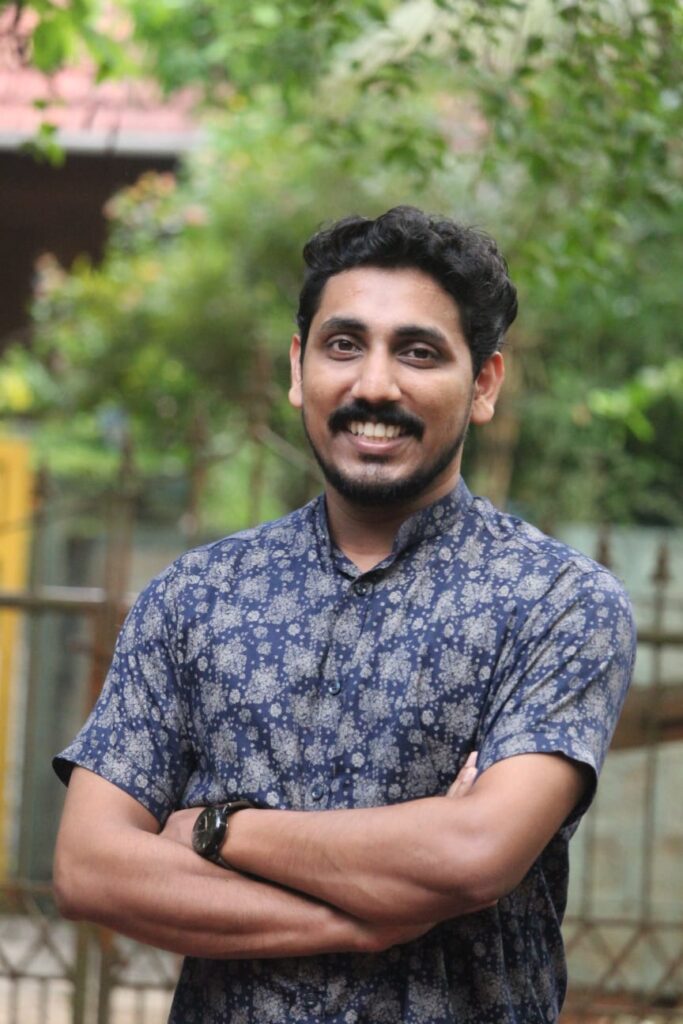
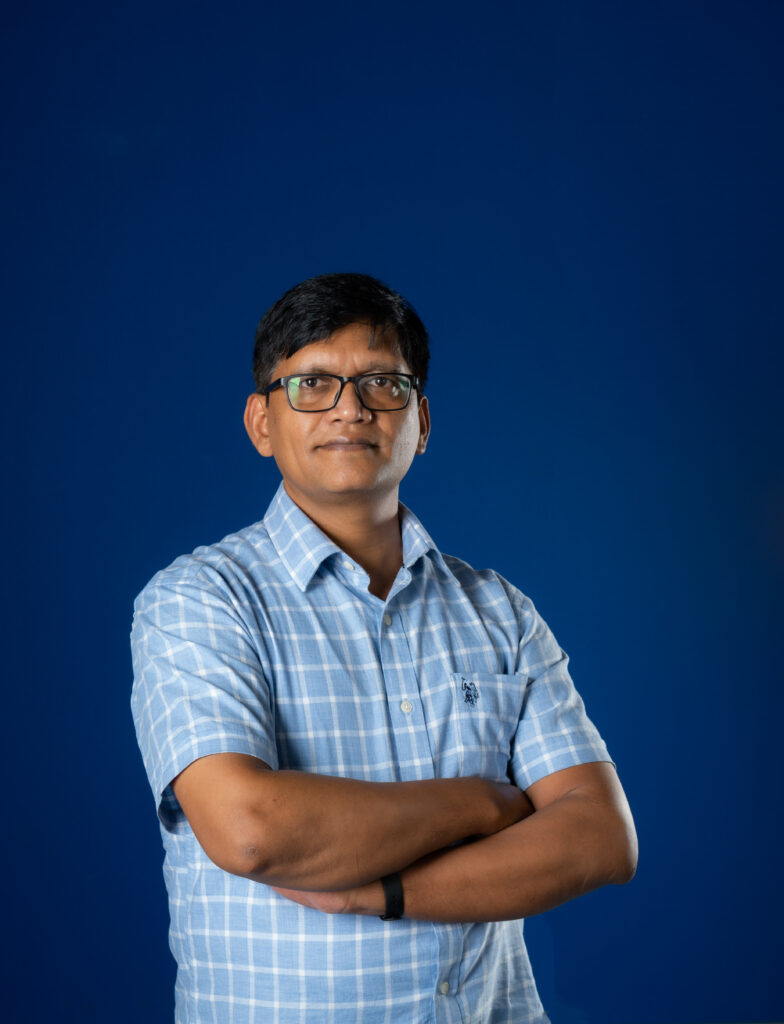
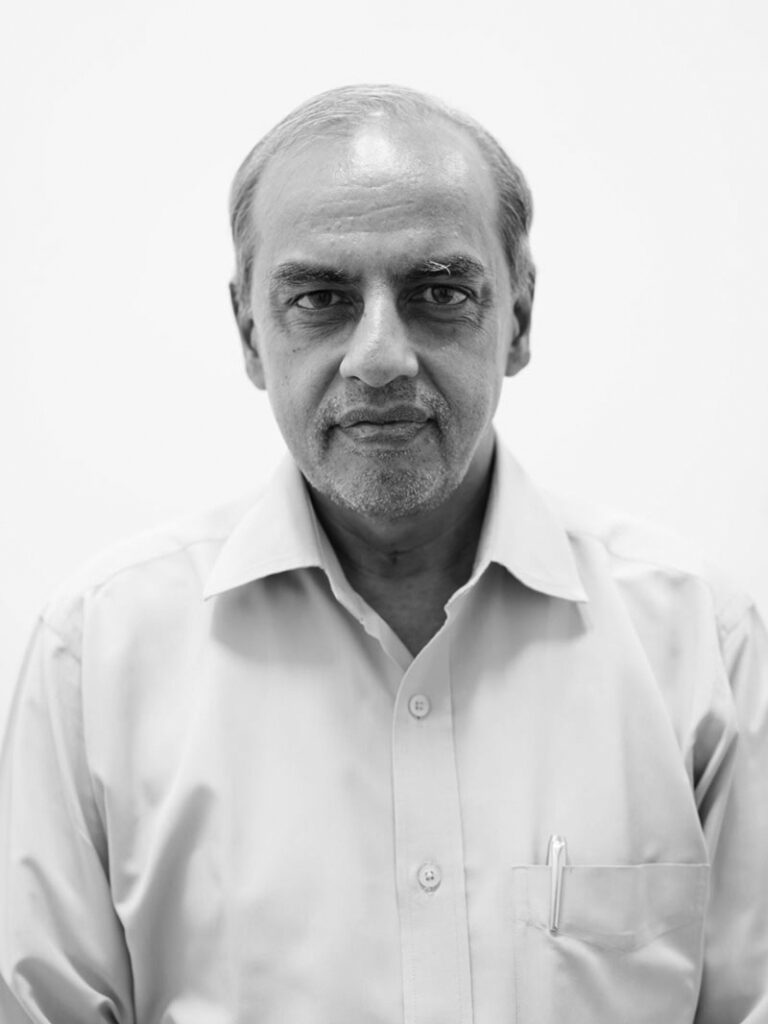
About the publication: Drawing on life cycle theory, the paper explores the relationship between Environmental, Social, and Governance (ESG) disclosure and the cost of debt, utilizing data from 556 Indian-listed firms. The study’s findings indicate that enhanced ESG disclosure is associated with a reduction in firms’ cost of debt. Notably, this impact is more pronounced during the growth and mature stages compared to the introduction, decline, and shakeout stages. Additionally, the study observes that the environmental and social aspects of ESG disclosure exert a more significant influence on the cost of debt when compared to the governance component.
To access the publication, click here.
